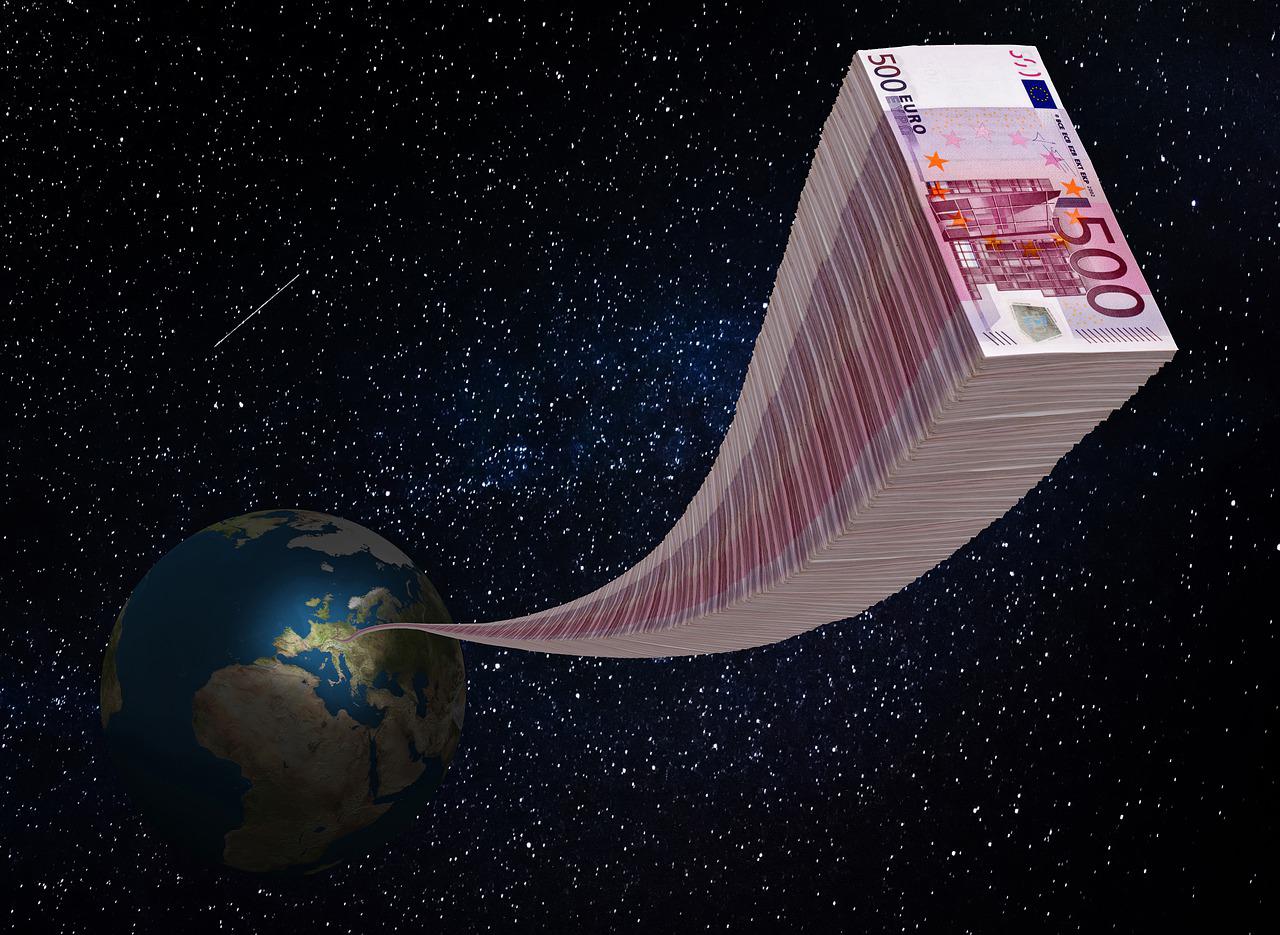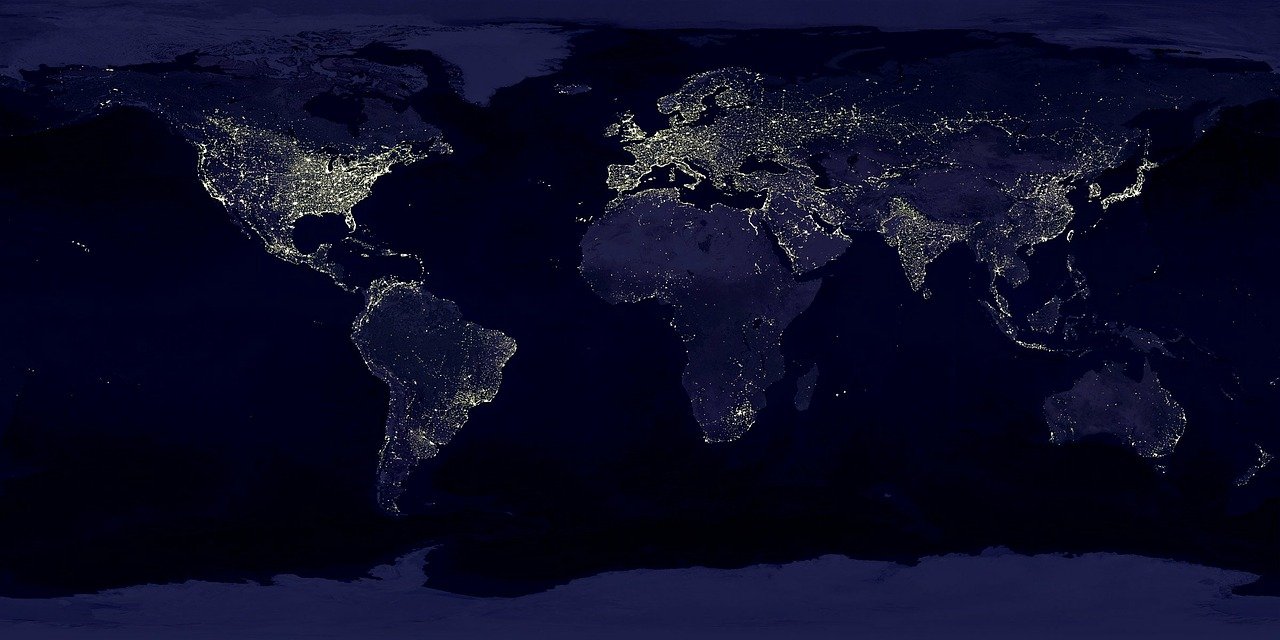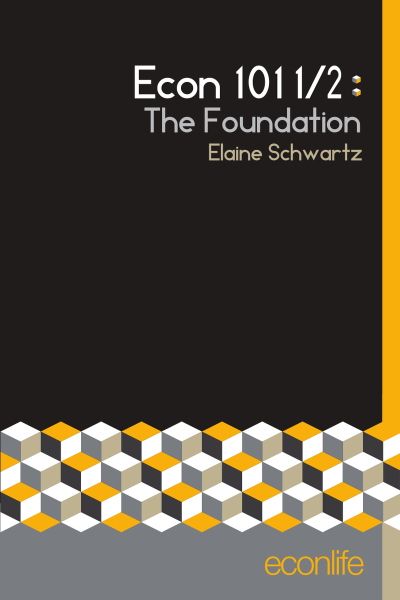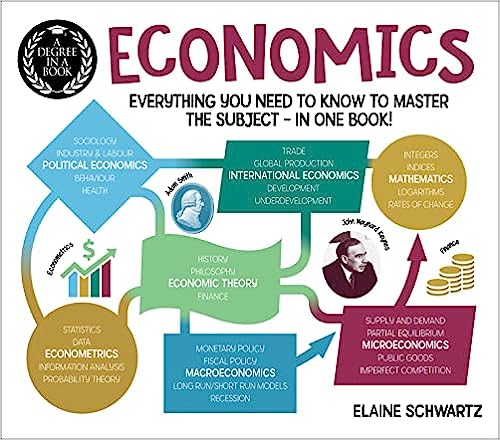Trying to encourage us to return to movie theaters, the movie packages that matter have had disastrous results.
What Buffet Economics Says About All-You-Can-Eat
Looking at the the supply and demand sides of buffet economics, we see how restaurants and diners manage all-you-can-eat.
How Norway Got A Longer Coastline
Looking at the changing length of Norway’s coastline, we can ask if it is different or the change comes from us.
We Finally Know If Money Makes Us Happy
Looking at money and happiness, studies have disagreed whether increasing income makes us happier…until now.
How a Sedative Helped an Elephant in Kyiv
Looking at wartime zoos, we see how animals are comforted, supplies are stocked, and staff fights the war by remaining.
One Giant Leek For Mankind
At a giant vegetable competition, Paul Rochester’ won the world record with his 21 pound 8 ounce leek. It did not work out as well for a giant potato. Giant Vegetables Dug Sadly, scientists recently concluded that a giant potato…
How Our Income and Spending Can Create Happiness
Trying to determine the connection between money and happiness, scholars are looking at what we earn and what we buy.
COP26 Flawed Emissions Data
At the heart of climate policy, we have the COP26 worldwide forum coping with flawed emissions data that they cannot correct.
Why a Free Race Like the Tour de France is Really Expensive
Although spectators watch the Tour de France for free along its route, the race is able to generate huge revenue for its owners.


















